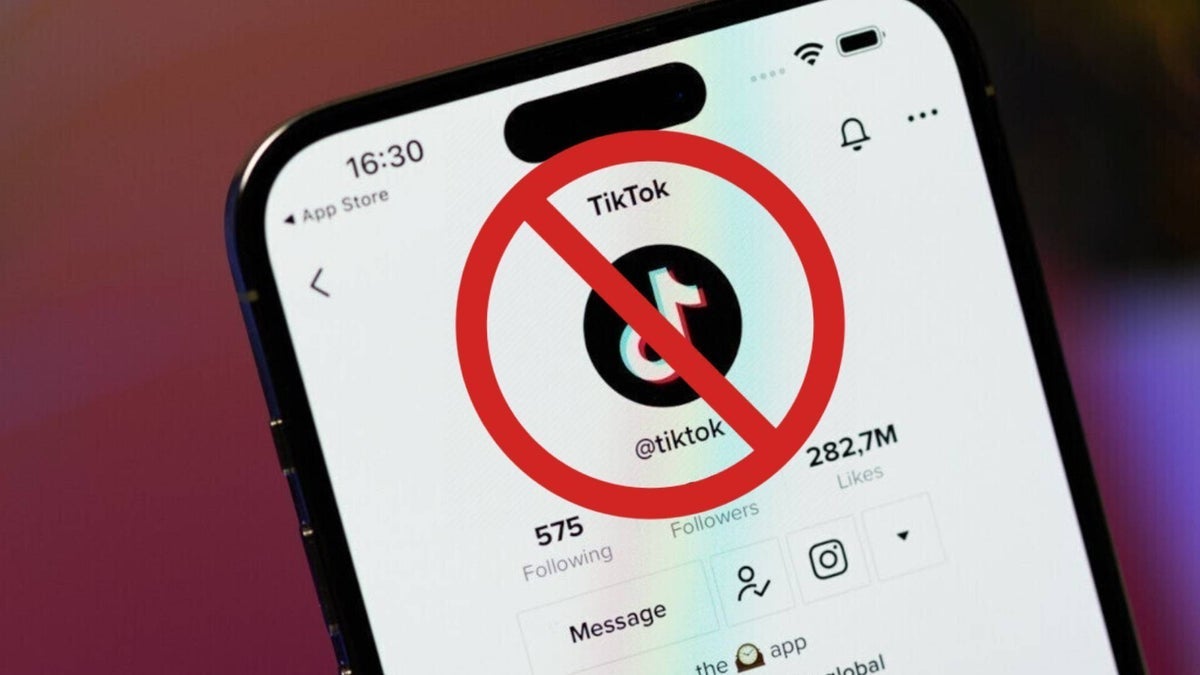

Effectively, it was a e-book – a 2024 bestseller by a social psychologist, to be exact.
It is known as The Anxious Technology from the well-known writer Jonathan Haidt. In it, he is critiquing social media, to place it mildly. Should you’ve spent a while on YouTube and you’ve got clicked round some movies on matters like social psychology, morality, or ethical feelings – nicely, there is a fairly good likelihood you’ve got already “met” Haidt.
What does this should do with Australia, of all locations?
Effectively, the catalyst got here from a private second involving South Australia Premier Peter Malinauskas, Reuters reviews. His spouse, after studying the aforementioned The Anxious Technology – urged him to take motion. Malinauskas recalled her insistence that he each learn the e-book and deal with the difficulty. The Premier admitted he hadn’t anticipated the thought to realize momentum so shortly.
Malinauskas’s initiative to restrict youth entry to social media in South Australia, a state accounting for simply 7% of Australia’s inhabitants, escalated inside six months to a nationwide coverage, underscoring widespread public concern. A latest survey confirmed 77% of Australians supported the under-16 social media ban, up considerably from 61% earlier than the federal government’s official announcement.
Rodrigo Praino, a politics professor at Flinders College, famous that the difficulty gained traction as a result of nationwide leaders acknowledged it as a rising world concern, greatest addressed via unified laws.
The motion gained further impetus in Might when Malinauskas introduced his state plan. Shortly after, Prime Minister Anthony Albanese pledged to enact federal laws by yr’s finish, citing the rising need of fogeys to see youngsters spend much less time on-line and extra time engaged in bodily actions. This coverage transfer aligned with traits in different areas, resembling France and Florida, the place comparable age-based restrictions have been launched.
The nationwide ban, launched to parliament in November, differed from its state-level counterpart by eliminating parental discretion. Albanese’s authorities argued that this method relieved mother and father from the burden of monitoring compliance.
The laws confronted criticism from social media corporations, which have been held completely chargeable for enforcement and confronted hefty fines for non-compliance. TikTok expressed considerations that the rushed coverage may inadvertently drive younger customers to riskier on-line areas, for instance.
Criticism additionally got here from political quarters. The Greens labeled the regulation hasty and unfair, whereas others opposed it over fears of presidency overreach and potential surveillance. Personally, I like the thought, it is simply that… TV shouldn’t be a a lot better different for youths. Additionally, what’s the authorities going to do about youngsters who do not use social media, however as a substitute sport for 18 hours a day on their telephones? Lastly, ought to the federal government do something about it within the first place? Once more, the key phrase right here is “overreach”…
Regardless of these controversial questions, the laws handed on the ultimate parliamentary day of the yr, with implementation set for late 2025.
Robert French, a former Excessive Court docket decide, assisted in shaping the regulation after being commissioned by Malinauskas to discover the feasibility of a state-based age restriction. French recommended the ultimate nationwide method, which integrated a number of of his suggestions, together with holding platforms accountable for stopping underage customers. He described the ensuing laws as a wise framework to handle a urgent challenge.